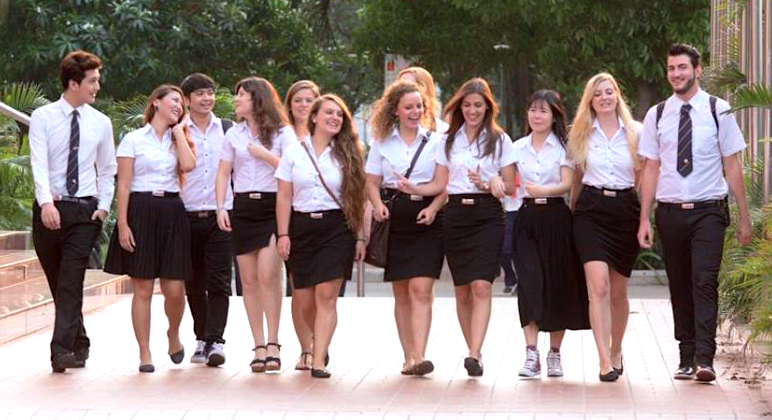Thinking about enrolling in a short course in Thailand? Hold that thought. The Thai government has recently rolled out stricter regulations aimed at curbing the misuse of short-term educational programs by foreign nationals seeking to work illegally in the country. These changes are significant and could impact your plans. Let’s break down what’s happening and what it means for prospective students like you.
Why the Sudden Crackdown?
Thailand has long been a popular destination for international students, thanks to its rich culture, affordable living, and diverse educational offerings. However, authorities have discovered that some individuals have been exploiting short-term courses as a loophole to obtain student visas and work illegally. This misuse undermines the integrity of the education system and poses challenges for immigration control.
Key Changes in Regulations
The Ministry of Higher Education, Science, Research and Innovation (MHESI), in collaboration with the Immigration Bureau, has introduced several measures to tighten control over short courses for foreign students
1. Mandatory Course Approval
All educational institutions must now submit detailed information about their short-term courses to MHESI for approval. This includes course objectives, content, duration, teaching methods, and instructor qualifications.
2. Onsite Learning Requirement
To ensure genuine educational engagement, at least 60% of the course must be conducted onsite. Only up to 40% can be delivered online.
3. Course Duration Limit
Short-term courses are now capped at a maximum duration of 180 days. This measure aims to prevent prolonged stays under the guise of education.
4. Enhanced Monitoring and Reporting
Institutions are required to maintain detailed records of student attendance, progress, and residency status. Monthly reports must be submitted to MHESI to ensure compliance.
5. Strict Penalties for Non-Compliance
Educational institutions that fail to adhere to these regulations may face severe consequences, including the cancellation of their approved courses.
Comparison Table: Old vs. New Regulations
| Aspect | Previous Regulations | New Regulations |
|---|---|---|
| Course Approval | Not mandatory | Mandatory submission to MHESI |
| Onsite Learning Requirement | No specific requirement | Minimum 60% onsite learning |
| Course Duration | No strict limit | Maximum of 180 days |
| Monitoring and Reporting | Limited oversight | Mandatory monthly reporting to MHESI |
| Penalties for Non-Compliance | Minimal enforcement | Strict penalties, including course cancellation |
Implications for Prospective Students
If you’re considering enrolling in a short-term course in Thailand, it’s crucial to understand these new regulations. Ensure that the institution you’re applying to complies with MHESI’s requirements. Be prepared for more rigorous documentation and monitoring throughout your course. These measures are designed to uphold the quality and integrity of Thailand’s education system, benefiting genuine students in the long run.
Conclusion
Thailand’s recent regulatory changes reflect a commitment to maintaining the integrity of its education system and immigration policies. While these measures may introduce additional steps for prospective students, they aim to ensure that educational opportunities are reserved for genuine learners. By understanding and adhering to these new regulations, you can make the most of your educational experience in Thailand.
